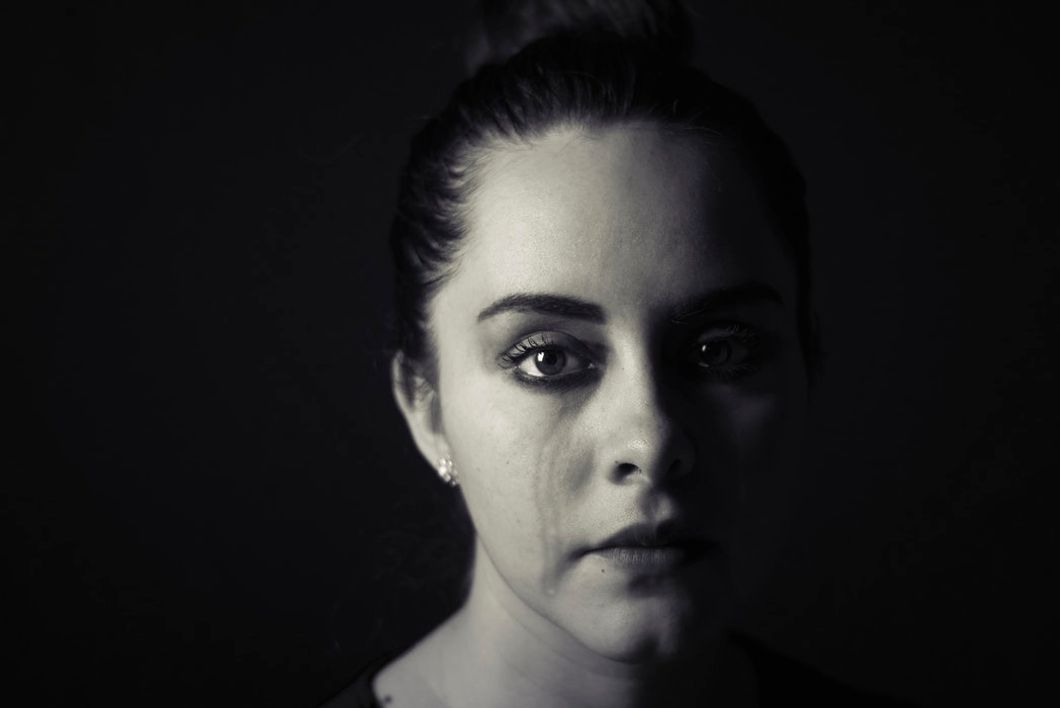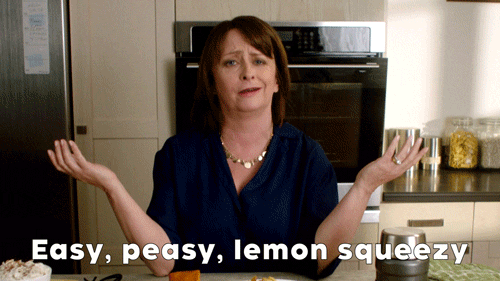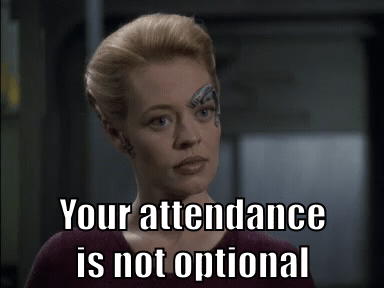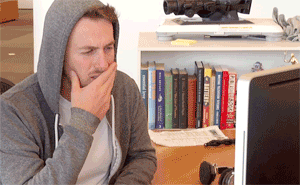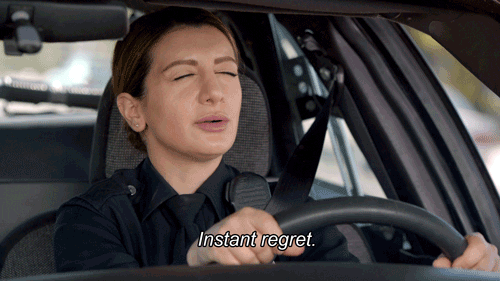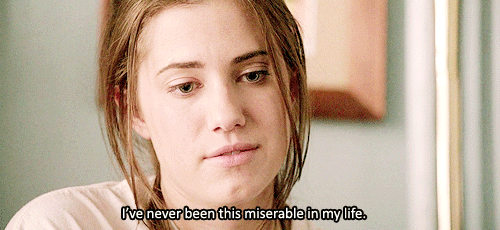The discussion surrounding mental illness has been continuously growing over the past few years. While this is great for reduces the stigmas surrounding many mental illnesses. However, this has given rise to self-diagnosing of mental illnesses, and this needs to stop.
Watching videos on Facebook or looking up your symptoms online and diagnosing yourself is not only unreliable it's dangerous.
Here's why:
1. It's dangerous to yourself
It's easy to look your symptoms up and convince yourself you have x, y, or z. However, it's very common that symptoms you believe are psychological are actually symptoms of a physical medical disease. You may believe that you have panic disorder, and you are so certain that you miss an irregular heartbeat or hyperthyroidism. Brain tumors can cause changes in personality, depression, or even psychosis. Overlooking these physical diseases because you're self-diagnosing yourself with a mental illness could be a fatal mistake.
2. You are undermining the roles of doctors who are licensed to diagnose
There's a reason doctors go through years and years of medical school and are required to be licensed. They are trained to be able to give you an accurate diagnosis. It's easy to misinterpret symptoms or even miss other symptoms altogether. Doctors are trained to accurately evaluate your condition, and get you on the right path to recovery.
If you have concerns about your mental illness, that's okay. What's not okay is diagnosing yourself. Doctors are licensed professionals for a reason, and they're there to help. You don't hear of people self-diagnosing themselves with cancer or polio, so why is it thought to be acceptable to self-diagnose a mental illness?
3. It is an insult to everyone who has a diagnosed mental illness
Those of us who have a mental illness suffer every day because of it. Do you think this is something we want? It's not fun. It's not cute. I would do anything if I could get rid of my mental illnesses, but I can't. And it's incredibly hurtful to have someone self-diagnose themselves when they have no idea what it's like to actually have one. It's easy to experience symptoms you may think are the cause of a mental illness when they're just situational issues.
4. Self-diagnosing contributes to the culture that mental health issues "aren't real"
People begin to question who's lying and who's being honest, and thus disregarding those who truly do have a mental illness. It makes people who are diagnosed are just faking it for attention or being dramatic. They are then shamed for seeking medical attention, and this is not healthy. Living with a mental illness is hard enough, the last thing I want on top of that is to hear that my illness isn't real.
It is not "cute" or "fun" to have a mental illness. It's called an illness for a reason. Self-diagnosing takes away the validity of those who actually have an actual mental illness. Being tidy does not make you OCD, having mood swings does not make you bipolar, and being sad does not make you depressed. If you're concerned you may have a mental illness, please go see a doctor. But please, stop self-diagnosing.
- WebMD Can Kill You ›
- How Tumblr Romanticizes Mental Illness ›
- We Need To Stop Normalizing Mental Illness ›
- To The Person Still Self-Diagnosing In 2019, Before You Jump To ... ›
- Your Self-Diagnosis Of A Mental Disorder Invalidates Someone ... ›
- Just Because A Doctor Didn't Diagnose My Mental Illness Doesn't ... ›

